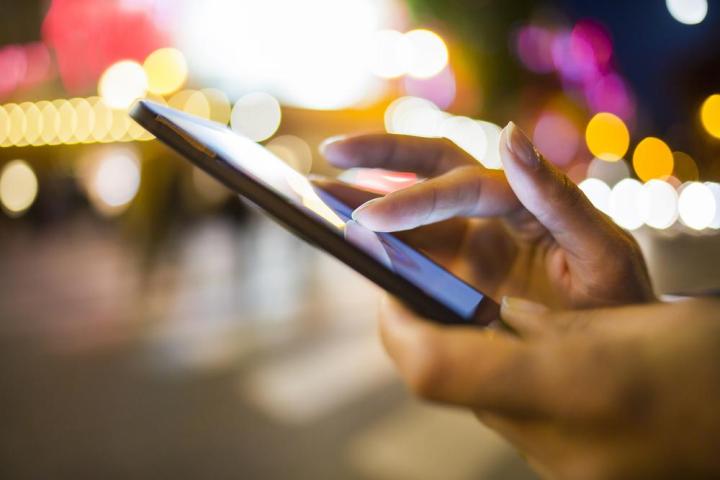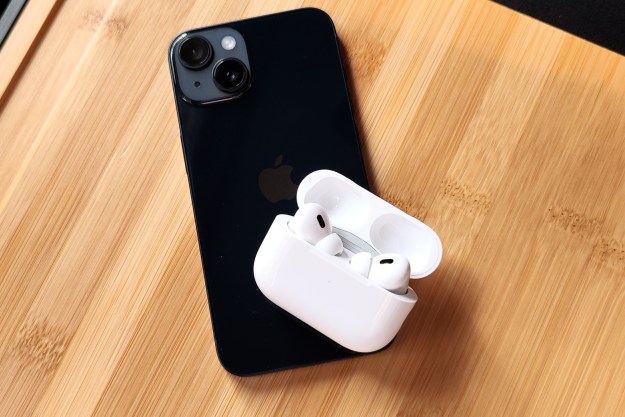
Once the new law is in place, phone users traveling between any of the EU’s 28 countries will pay the same amount of money for calls and data as they would at home. Prior to June 2017, EU roaming charges will be capped at 0.05 euros per minute and per megabyte from April 2016. That’s down from 0.19 and 0.20 euros at the moment.
A fair use policy can still be adopted by networks, meaning it’ll be impossible to register and pay for a phone in a country where you don’t live, then use it at home to potentially save money. There’s also a clause that networks will be able to ‘impose minimal surcharges,’ if it can be proved the new system threatens to raise prices on domestic contracts and services.
In addition to the roaming charge alterations, the European Parliament has also looked at net neutrality, and agreed that networks must treat all Internet traffic equally. However, it’s not without exceptions. For example, networks can make agreements that ensure a minimum Internet quality for special services — meaning those that require higher bandwidth — provided it doesn’t impact normal Internet use for others.
Also, networks could restrict or block Internet traffic to protect against cyber-attacks, or manage speeds due to ‘exceptional congestion.’ The wording has caused concern among critics, due to its contradictory nature, but it’s clearly stated that networks cannot throttle or block traffic for particular services, or ‘for commercial reasons.’
The EU has been working on the creation of a “Digital Single Market” for several years, and although the abolishment of roaming charges is good news, it was expected in the past, yet is still two years away from coming into effect.
Editors' Recommendations
- Android 15 might add a new way to charge your gadgets
- Does the OnePlus 12 have wireless charging?
- The Fitbit Charge 6 is a fitness tracker and smartwatch hybrid
- Need a great charger for $100? I may have found the perfect one
- Does the Samsung Galaxy A54 have wireless charging?




